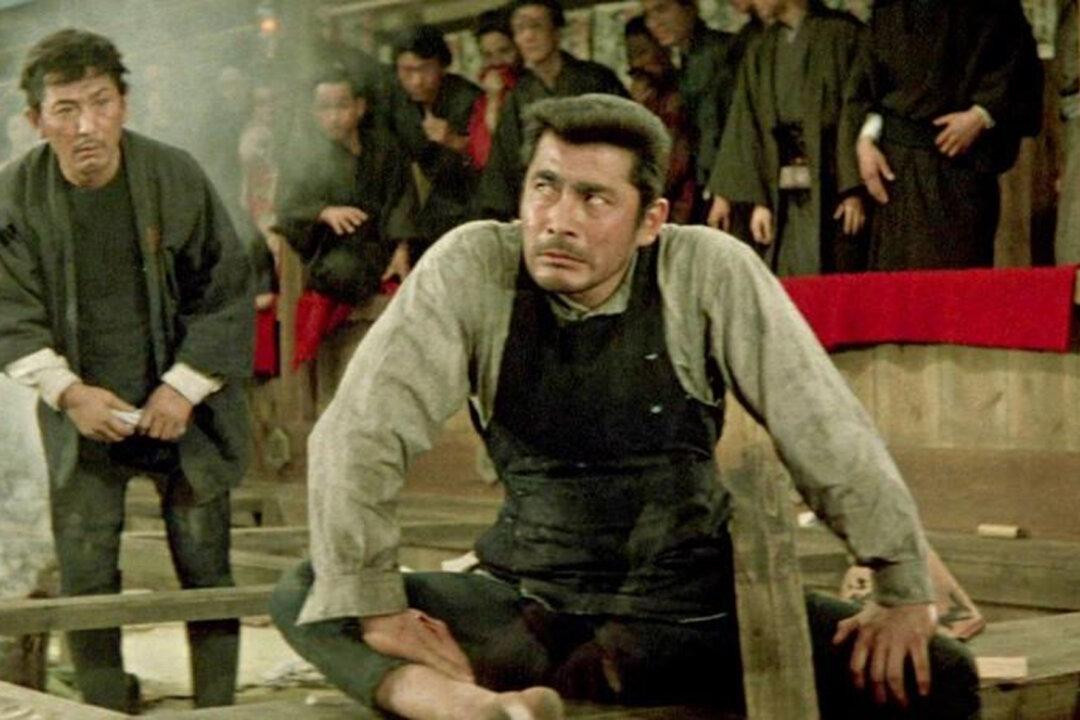NR | 1h 43m | Drama | 1958
Even before I knew of Toshiro Mifune’s global acclaim as an actor, his performance in the 1954 classic “Seven Samurai” had already secured its place among my all-time favorite films.

NR | 1h 43m | Drama | 1958
Even before I knew of Toshiro Mifune’s global acclaim as an actor, his performance in the 1954 classic “Seven Samurai” had already secured its place among my all-time favorite films.